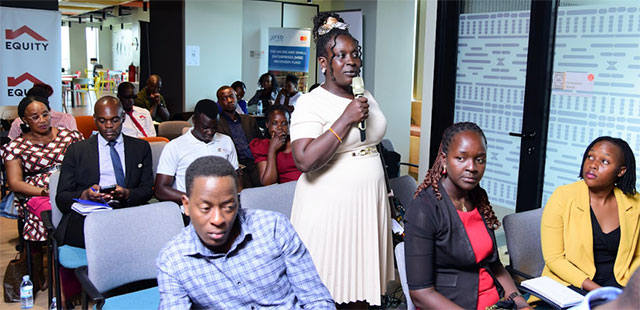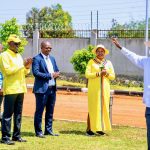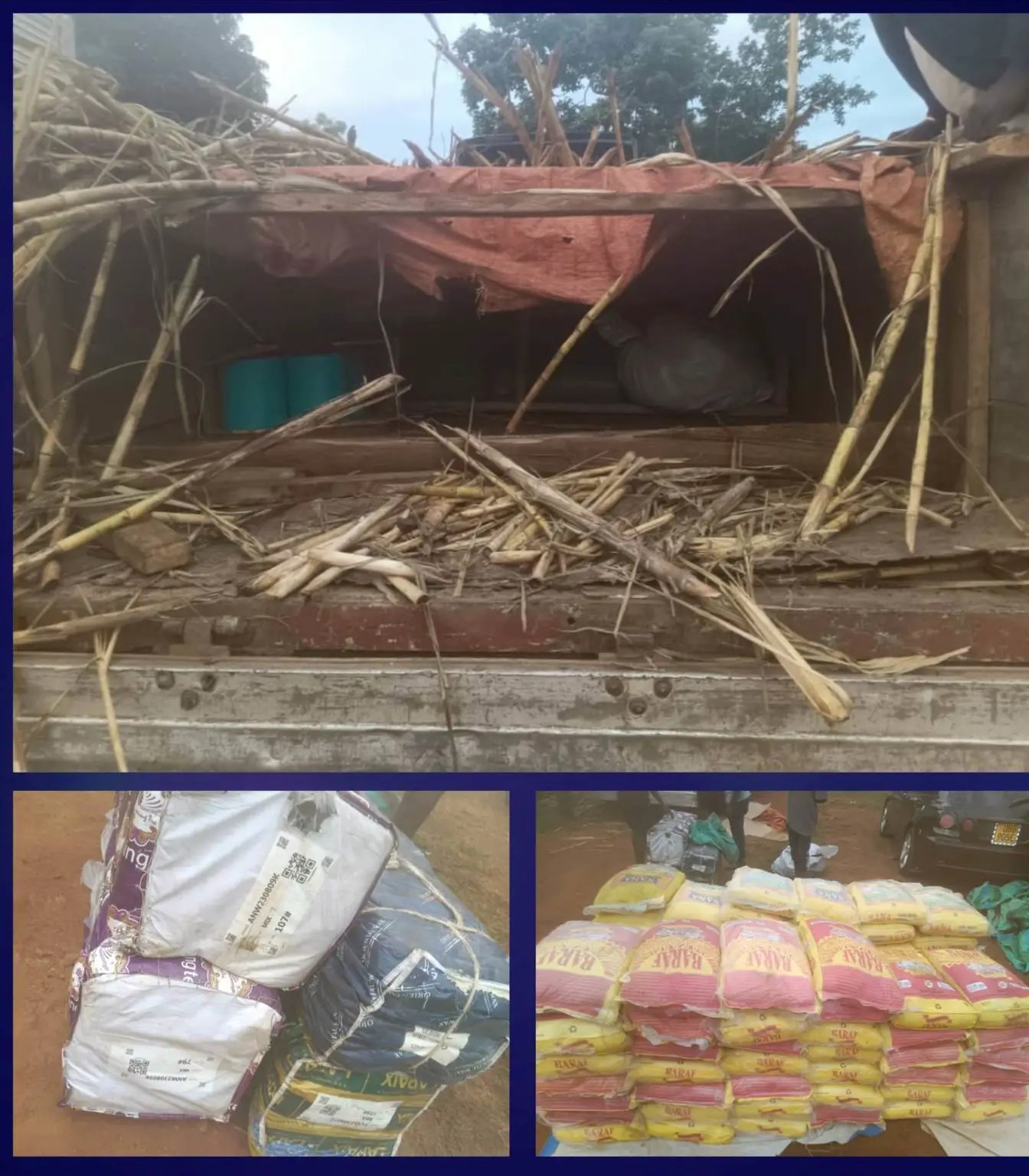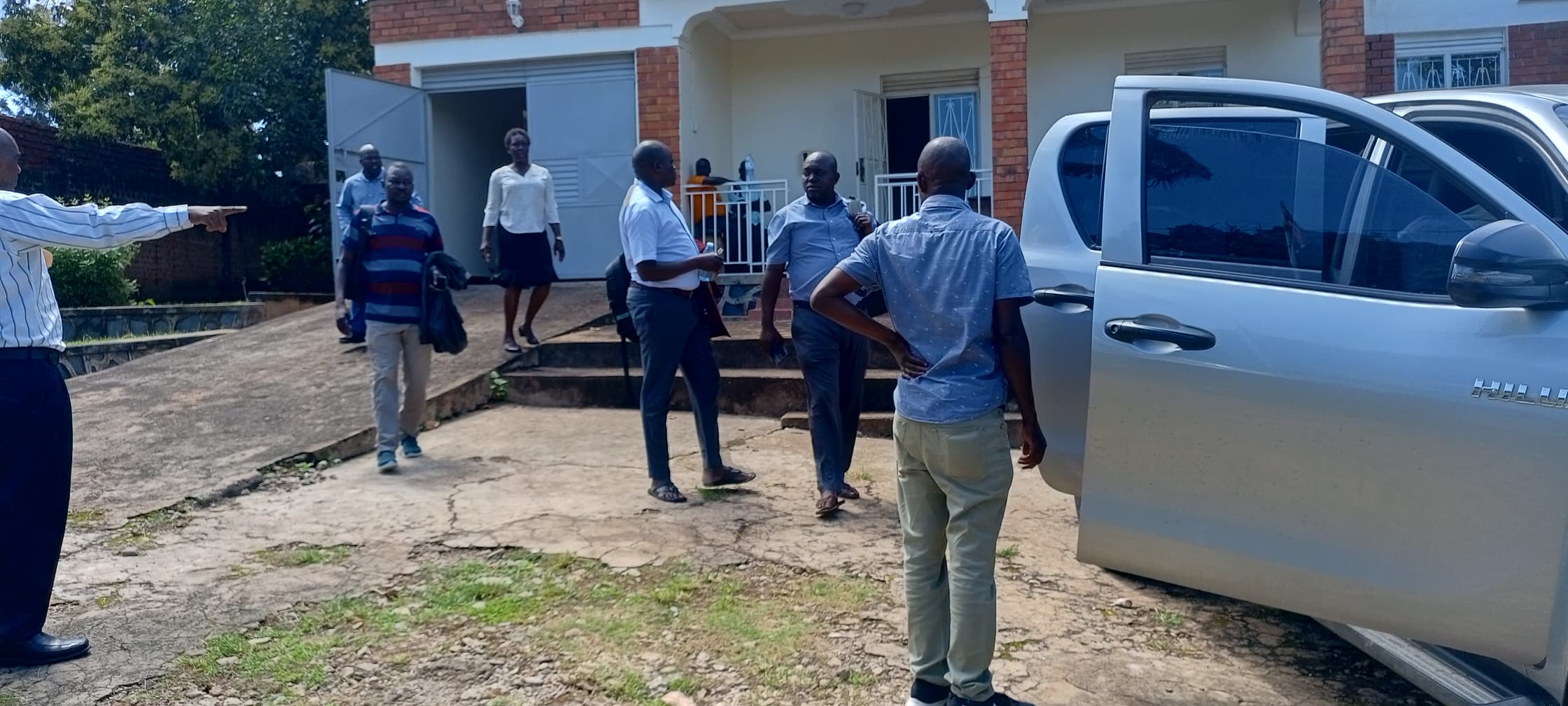Across Uganda’s diverse communities, young entrepreneurs are transforming their lives and uplifting others through the power of financial literacy and access to capital, provided by Equity Bank Uganda under the Young Africa Works strategy. This Mastercard Foundation initiative aims to empower 4.3 million young Ugandans by 2030, with a focus on women, refugees, and people with disabilities, by supporting youth-led micro, small, and medium enterprises (MSMEs).
The voices of these resilient youth reveal how Equity Bank Uganda’s programmes are turning challenges into opportunities, fostering self-reliance, and building thriving communities.
Overcoming Financial Chaos
For many young Ugandans, the journey began with a common struggle: a lack of financial knowledge. In 2022, a young woman from the Chitwe Youth Farmers Group was barely breaking even in her hairdressing products business.
“I didn’t keep records, never tracked sales or expenses, and would take products off the shelf for personal use without accounting for them,” she admits. “There was no bookkeeping, and my business made no profit.”
Similarly, a farmer from the Youth Saving and Learning Association in Fort Portal recalls:
“I was doing agriculture, but I had no financial training. I didn’t understand the value of money, so I mishandled it.”
In Nakivale, members of the No Empire Women Empowerment Association faced similar challenges.
“We had many misunderstandings in our group because we didn’t know how to record or budget,” shares a group leader.
These stories echoed across Rhino Camp and Isingiro, where young people struggled to manage savings or grow their businesses due to a lack of financial literacy.

The Power of Financial Literacy
Everything changed with Equity Bank Uganda’s financial literacy training—an essential part of the Young Africa Works strategy. Between 2021 and 2023, these workshops provided youth with vital skills: budgeting, record-keeping, inventory management, and separating personal and business finances.
For the Chitwe youth, the impact was immediate.
“I learned how to record income and expenses, monitor inventory, and keep business money separate,” she says. Her business became profitable for the first time.
In Fort Portal, the farmer also saw transformation:
“I learned how to budget and keep records. Without this training, I wouldn’t have managed my loan.”
In Nakivale, the No Empire group used the training to reduce internal conflict and mobilise savings:
“We learned how to set goals and maintain proper reports,” says a leader.
Financial literacy became the bedrock of sustainable business practices, enabling informed decision-making and long-term growth.
Loans That Spark Transformation
Armed with financial knowledge, these youth accessed capital through Equity Bank’s group lending model, which requires no collateral—a key enabler for those traditionally excluded from finance. Loans ranging from UGX 2 million to UGX 5 million allowed them to invest in new ventures.
The Fort Portal farmer secured a UGX 2 million loan in 2021, investing in agriculture, a mobile money kiosk, an electronics shop, and agent banking.
“Because I knew how to handle money, I invested wisely,” he says.
Subsequent UGX 5 million loans helped him grow further and fund his business administration degree at Mountains of the Moon University.
In Chitwe, group loans helped a young woman expand her hairdressing salon by purchasing dryers and starting poultry and goat-rearing businesses:
“The loans helped me reinvest in my salon and start new ventures.”
In Nakivale, the No Empire group used their UGX 5 million loan to buy computers and tailoring machines, launching training programmes in digital literacy and tailoring.
“Some community members now pay for training, creating jobs for us,” explains a leader.
In Rhino Camp, a youth group used loans to build a training house and store, providing bakery and catering training to 56 members, including 36 women.
Empowering Women and Refugees
The Young Africa Works strategy places a strong focus on inclusion, and Equity Bank Uganda’s work is especially impactful for women and refugees.
A single mother from Chitwe shares:
“With my earnings, I enrolled my children in better schools, improved their meals, and bought better clothes. Now, I mentor other women on business management.”
She credits Harriet, an Equity Bank Uganda facilitator, for connecting her to the training that changed her life.
In Isingiro, Misha Dan of the Detroit Farmers Group revived her hair-braiding business after 2022 training.
“Before, I thought my business was failing because of witchcraft,” she laughs.
Budgeting and record-keeping helped her expand into poultry farming. A UGX 600,000 loan enabled her to buy a hair dryer and hens. She now mentors other women and leads six subgroups.
In Nakivale, refugee women tackled gender-based violence and unemployment through skills training.
“We trained others in basket weaving and mushroom growing. Now every member has a skill to earn and save,” says a group leader.
Their work has reduced dependency and built self-reliance in vulnerable communities.
Ripple Effects in Communities
The impact of Equity Bank Uganda’s programmes extends beyond individual entrepreneurs.
In Fort Portal, the farmer’s businesses now employ several workers and inspired the formation of new savings groups:
“Because of our performance, others formed groups,” he shares proudly.
In Chitwe, the youth group shifted from wasteful spending to productive investments:
“Before, we spent money on non-productive things. Now we invest in chickens and goats.”
In Nakivale, the No Empire group’s training led to new organisations, including a soap-making factory. In Rhino Camp, youth initiatives helped reduce idleness and social issues:
“We’re training youth to become entrepreneurs,” says a leader.
These ripple effects—job creation, improved savings culture, and community resilience—demonstrate the lasting value of financial literacy and inclusive financing.
A Call for Continued Support
Despite their successes, the youth emphasize the need for ongoing support.
“Financial literacy worked, but we need refresher sessions,” says the Chitwe youth.
The Fort Portal farmer agrees:
“Youth forget easily, and new members need training.”
The No Empire leader in Nakivale notes that their group has grown since 2022, increasing demand for training.
They also advocate for higher loan limits, as the UGX 5 million cap does not meet the needs of larger groups with diverse skills in tailoring, soap-making, and other trades:
“If you increase loans, we can do more,” says a Rhino Camp leader.
A Future of Possibility
From Fort Portal to Nakivale, Rhino Camp, and Isingiro, young Ugandans are forging a better future. With support from Equity Bank Uganda and the Mastercard Foundation, they’ve become self-reliant entrepreneurs, community mentors, and job creators.
The Fort Portal farmer, now earning UGX 500,000 monthly after expenses, declares:
“I’m self-employed and proud. I don’t want to work for anyone else.”
The Chitwe youth funds her children’s education and inspires others. Misha mentors new entrepreneurs, while refugee women in Nakivale build sustainable livelihoods.
As Equity Bank Uganda and the Mastercard Foundation continue their partnership, these young people are not just beneficiaries—they are changemakers. Their call for continued training and scalable funding reflects their drive to go further.
Through the Young Africa Works strategy, Uganda is seeing a new generation rise—confident, skilled, and empowered to create a future full of opportunity for all.




















